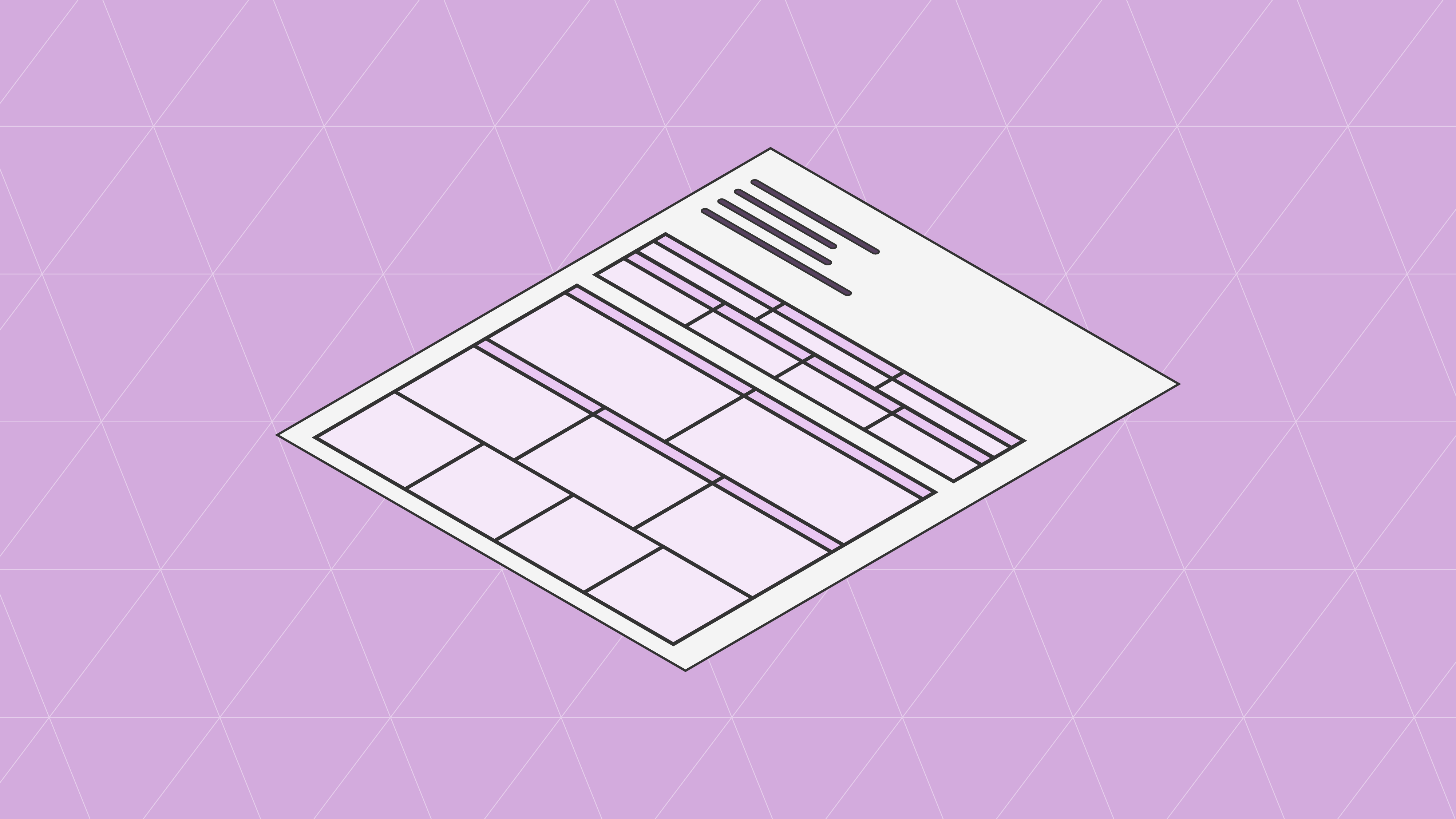IFTMIN
Freight Booking
What is the Purpose of The EDIFACT IFTMIN - Freight Booking?
The EDIFACT IFTMIN enables shippers to communicate freight booking instructions to carriers and forwarders. This message provides detailed shipment information including cargo details, routing requirements, special handling instructions, and delivery terms, facilitating transportation planning and execution for domestic and international freight movements.
What are the important elements of The EDIFACT IFTMIN - Freight Booking?
The EDIFACT IFTMIN (Freight Booking Instruction) is a standardized message for transportation booking. Here are the key elements: 1. Message Header - Message Type (IFTMIN) - Booking Number - Booking Date/Time - Message Function - Transport Mode - Service Level - Priority Code 2. Party Information - Shipper Details - Consignee Information - Carrier/Forwarder - Notify Party - Freight Payer - Booking Party - Agent Information 3. Shipment Details - Shipment Reference - Total Weight - Total Volume - Number of Packages - Package Type - Commodity Description - Cargo Value - Insurance Requirements 4. Transport Requirements - Mode of Transport - Service Type - Equipment Type - Equipment Size - Special Equipment - Temperature Control - Hazmat Requirements - Security Level 5. Routing Information - Place of Receipt - Port of Loading - Port of Discharge - Place of Delivery - Transshipment Points - Route Preferences - Transit Countries 6. Timing Requirements - Expected Pickup Date - Required Delivery Date - Latest Acceptance Time - Transit Time - Cut-off Times - Delivery Window - Appointment Requirements 7. Cargo Details - Line Item Details - Product Description - HS Codes - Quantity - Weight per Item - Volume per Item - Packaging Type - Marks and Numbers 8. Commercial Information - Incoterms - Freight Terms - Payment Terms - Declared Value - Insurance Value - Currency Code - Customs Value 9. Additional Requirements - Special Instructions - Handling Requirements - Documentation Needs - Customs Requirements - Permits and Licenses - Dangerous Goods Declaration - Temperature Monitoring The EDIFACT IFTMIN enables comprehensive freight booking and supports transportation planning and execution.
What are the potential issues with The EDIFACT IFTMIN - Freight Booking?
Here are potential issues with EDIFACT IFTMIN transmissions: 1. Shipment Detail Problems - Incorrect weight information - Wrong volume data - Invalid package counts - Missing commodity descriptions - Wrong cargo value - Incorrect insurance amounts - Measurement unit errors 2. Party Information Issues - Wrong shipper details - Invalid consignee information - Missing notify party - Incorrect carrier selection - Wrong freight payer - Invalid agent information - Address errors 3. Equipment Requirement Problems - Wrong equipment type - Invalid size specifications - Missing special equipment - Incorrect temperature requirements - Wrong container type - Invalid equipment availability - Missing equipment details 4. Routing Information Issues - Wrong pickup location - Invalid delivery address - Missing port information - Incorrect transshipment points - Wrong route preferences - Invalid geographic codes - Missing stop locations 5. Timing Requirement Problems - Unrealistic delivery dates - Wrong pickup times - Missing cut-off times - Invalid transit times - Wrong delivery windows - Missing appointment requirements - Schedule conflicts 6. Cargo Detail Issues - Incomplete product descriptions - Wrong HS codes - Invalid quantity information - Incorrect weights - Wrong packaging types - Missing dangerous goods info - Invalid marks and numbers 7. Message Structure Issues - Missing mandatory segments - Incorrect segment sequence - Wrong qualifier usage - Invalid code values - Syntax violations - Character encoding problems - Hierarchical structure errors 8. Commercial Term Problems - Wrong Incoterms - Invalid freight terms - Missing payment information - Incorrect declared values - Wrong currency codes - Invalid customs values - Missing trade terms 9. System Integration Challenges - TMS integration errors - Carrier system connectivity - Booking confirmation delays - Rate calculation problems - Documentation system issues - Customs system integration - Track and trace setup These issues can cause booking rejections, transportation delays, and increased costs, requiring accurate and complete booking information.
How do trading partners use the EDIFACT IFTMIN?
The actual implementation and required segments may vary based on your trading partner's specifications and UN/EDIFACT version.
IFTMIN
Freight Booking
What is the Purpose of The EDIFACT IFTMIN - Freight Booking?
The EDIFACT IFTMIN enables shippers to communicate freight booking instructions to carriers and forwarders. This message provides detailed shipment information including cargo details, routing requirements, special handling instructions, and delivery terms, facilitating transportation planning and execution for domestic and international freight movements.
What are the important elements of The EDIFACT IFTMIN - Freight Booking?
The EDIFACT IFTMIN (Freight Booking Instruction) is a standardized message for transportation booking. Here are the key elements: 1. Message Header - Message Type (IFTMIN) - Booking Number - Booking Date/Time - Message Function - Transport Mode - Service Level - Priority Code 2. Party Information - Shipper Details - Consignee Information - Carrier/Forwarder - Notify Party - Freight Payer - Booking Party - Agent Information 3. Shipment Details - Shipment Reference - Total Weight - Total Volume - Number of Packages - Package Type - Commodity Description - Cargo Value - Insurance Requirements 4. Transport Requirements - Mode of Transport - Service Type - Equipment Type - Equipment Size - Special Equipment - Temperature Control - Hazmat Requirements - Security Level 5. Routing Information - Place of Receipt - Port of Loading - Port of Discharge - Place of Delivery - Transshipment Points - Route Preferences - Transit Countries 6. Timing Requirements - Expected Pickup Date - Required Delivery Date - Latest Acceptance Time - Transit Time - Cut-off Times - Delivery Window - Appointment Requirements 7. Cargo Details - Line Item Details - Product Description - HS Codes - Quantity - Weight per Item - Volume per Item - Packaging Type - Marks and Numbers 8. Commercial Information - Incoterms - Freight Terms - Payment Terms - Declared Value - Insurance Value - Currency Code - Customs Value 9. Additional Requirements - Special Instructions - Handling Requirements - Documentation Needs - Customs Requirements - Permits and Licenses - Dangerous Goods Declaration - Temperature Monitoring The EDIFACT IFTMIN enables comprehensive freight booking and supports transportation planning and execution.
What are the potential issues with The EDIFACT IFTMIN - Freight Booking?
Here are potential issues with EDIFACT IFTMIN transmissions: 1. Shipment Detail Problems - Incorrect weight information - Wrong volume data - Invalid package counts - Missing commodity descriptions - Wrong cargo value - Incorrect insurance amounts - Measurement unit errors 2. Party Information Issues - Wrong shipper details - Invalid consignee information - Missing notify party - Incorrect carrier selection - Wrong freight payer - Invalid agent information - Address errors 3. Equipment Requirement Problems - Wrong equipment type - Invalid size specifications - Missing special equipment - Incorrect temperature requirements - Wrong container type - Invalid equipment availability - Missing equipment details 4. Routing Information Issues - Wrong pickup location - Invalid delivery address - Missing port information - Incorrect transshipment points - Wrong route preferences - Invalid geographic codes - Missing stop locations 5. Timing Requirement Problems - Unrealistic delivery dates - Wrong pickup times - Missing cut-off times - Invalid transit times - Wrong delivery windows - Missing appointment requirements - Schedule conflicts 6. Cargo Detail Issues - Incomplete product descriptions - Wrong HS codes - Invalid quantity information - Incorrect weights - Wrong packaging types - Missing dangerous goods info - Invalid marks and numbers 7. Message Structure Issues - Missing mandatory segments - Incorrect segment sequence - Wrong qualifier usage - Invalid code values - Syntax violations - Character encoding problems - Hierarchical structure errors 8. Commercial Term Problems - Wrong Incoterms - Invalid freight terms - Missing payment information - Incorrect declared values - Wrong currency codes - Invalid customs values - Missing trade terms 9. System Integration Challenges - TMS integration errors - Carrier system connectivity - Booking confirmation delays - Rate calculation problems - Documentation system issues - Customs system integration - Track and trace setup These issues can cause booking rejections, transportation delays, and increased costs, requiring accurate and complete booking information.
How do trading partners use the EDIFACT IFTMIN?
The actual implementation and required segments may vary based on your trading partner's specifications and UN/EDIFACT version.
Curious about other types?
Search transaction type
More articles
Our platform is designed to empower businesses of all sizes to work smarter and achieve their goals with confidence.



